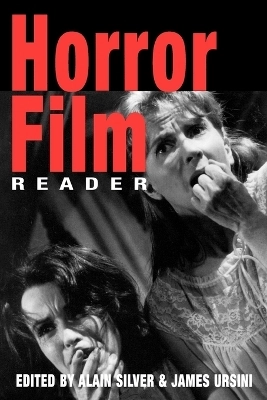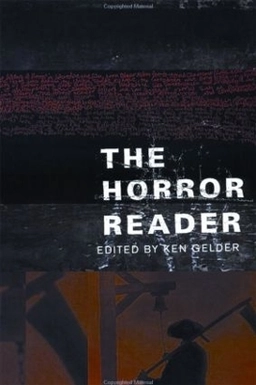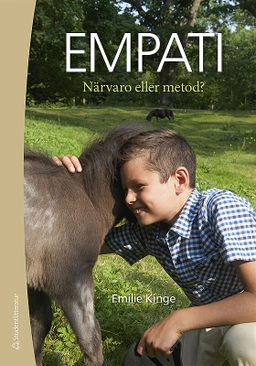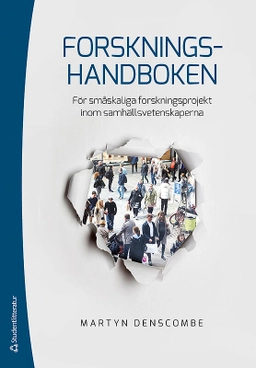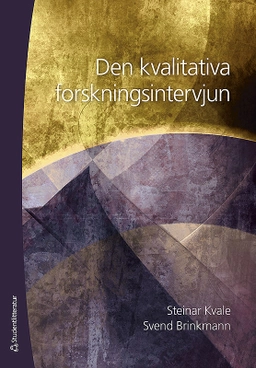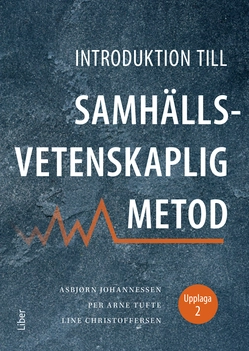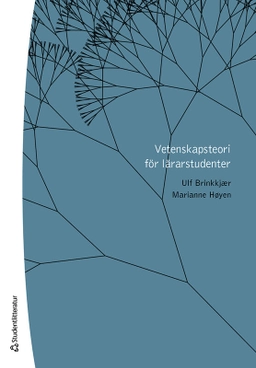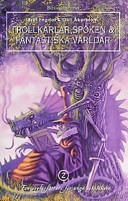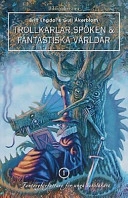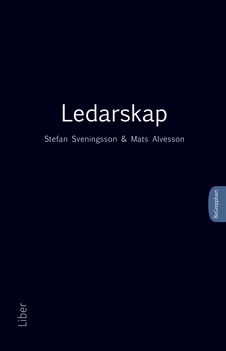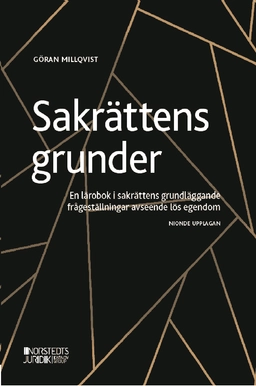Alain Silver and James Ursini now delve into the weird and terrifying terrain of the horror film. Its lineage extends from the silent screen to Scream 3 and, like most movie vampires, it remains defiantly, frighteningly alive. As do the earlier Silver-Ursini collections, Horror Film Reader begins with seminal essays, several dating back to the 1950s, that uncover the roots of the genre and explain its wide-ranging, indestructible appeal. These writings include, among many others, "Horror Is My Business" by Terence Fisher, "The Subconscious: From Pleasure Castle to Libido Motel" by Raymond Durgnat and "The Horror Film: Polanski and Repulsion" by Ivan Butler. The second part of the book, New Perspectives, focuses on such specific films as Tod Browning's Freaks and The Devil Doll, The Haunting, in both its 1963 and 1999 incarnations, and The Devil and Daniel Webster; and on such sequel-driven characters as Frankenstein's Monster and Freddy Krueger, the Wolf Man and the Candyman. In this section, too, are such unexpected finds as "Horrible Dr. Hitchcock," from the on-line periodical Images and "Jesus Franco," from Joan Hawkins' book on art and film, Cutting Edge: Art-Horror and the Horrific Avant-Garde. The scope of this collection is thus surprisingly broad, considering as it does the horror film genre from different times, different perspectives, different premises. But the book's purpose is unvarying: to increase our understanding of the often-hidden meanings of these movies and the ways in which they succeed (or do not) in making our flesh creep, our skin turn pale and our hair stand on end. Indeed, the stills alone -- about 100 of them -- may occasionally do that.
Åtkomstkoder och digitalt tilläggsmaterial garanteras inte med begagnade böcker
